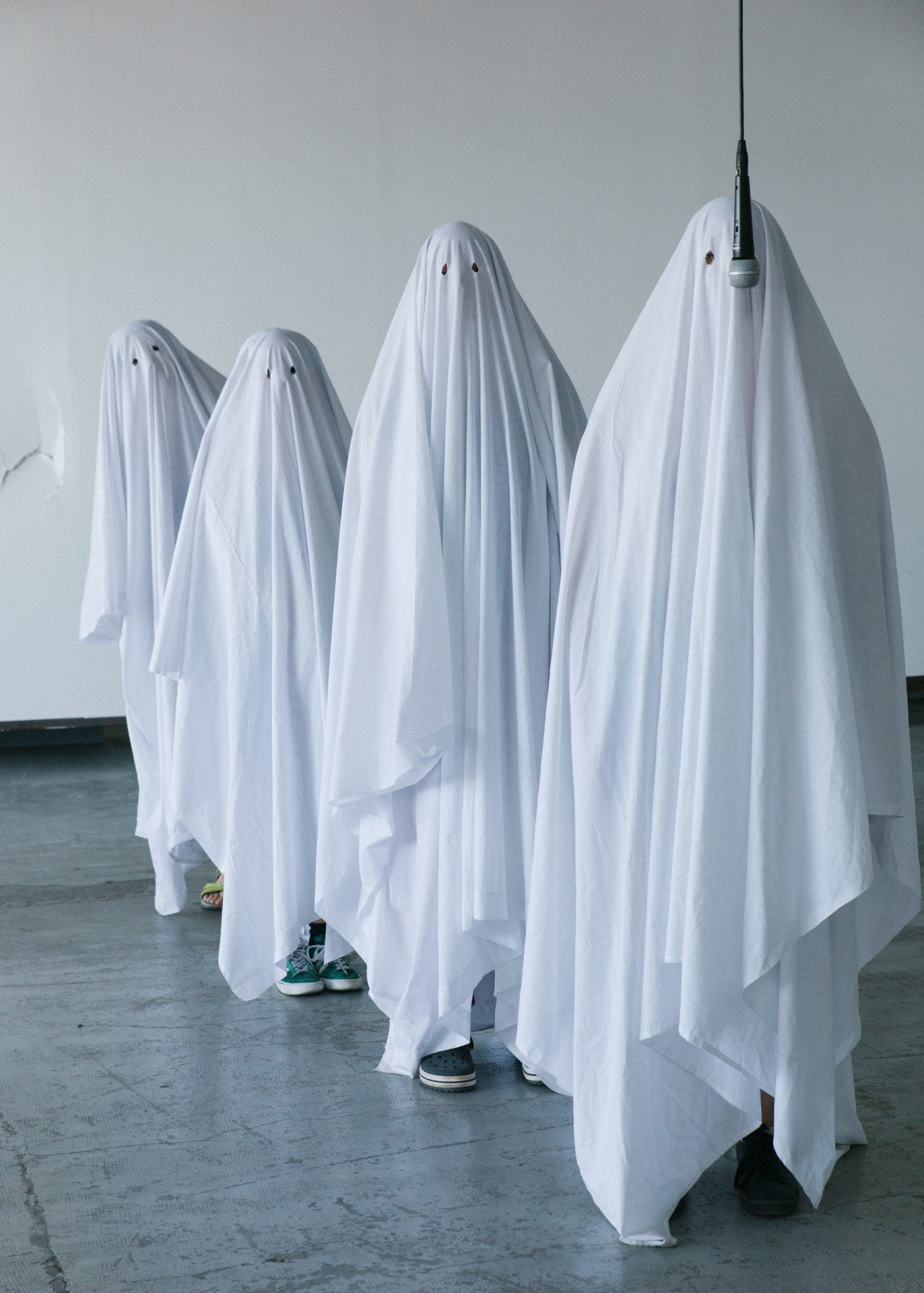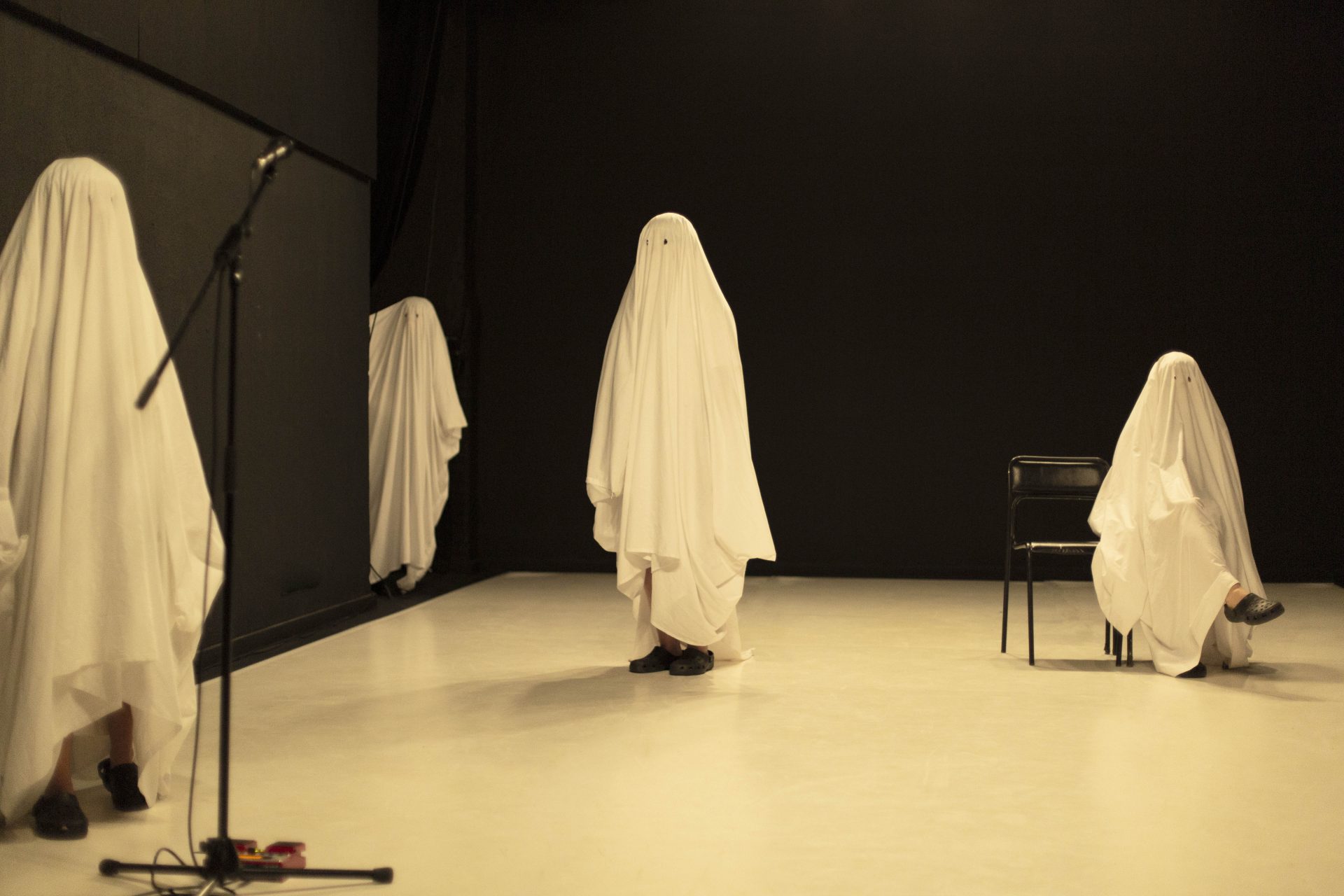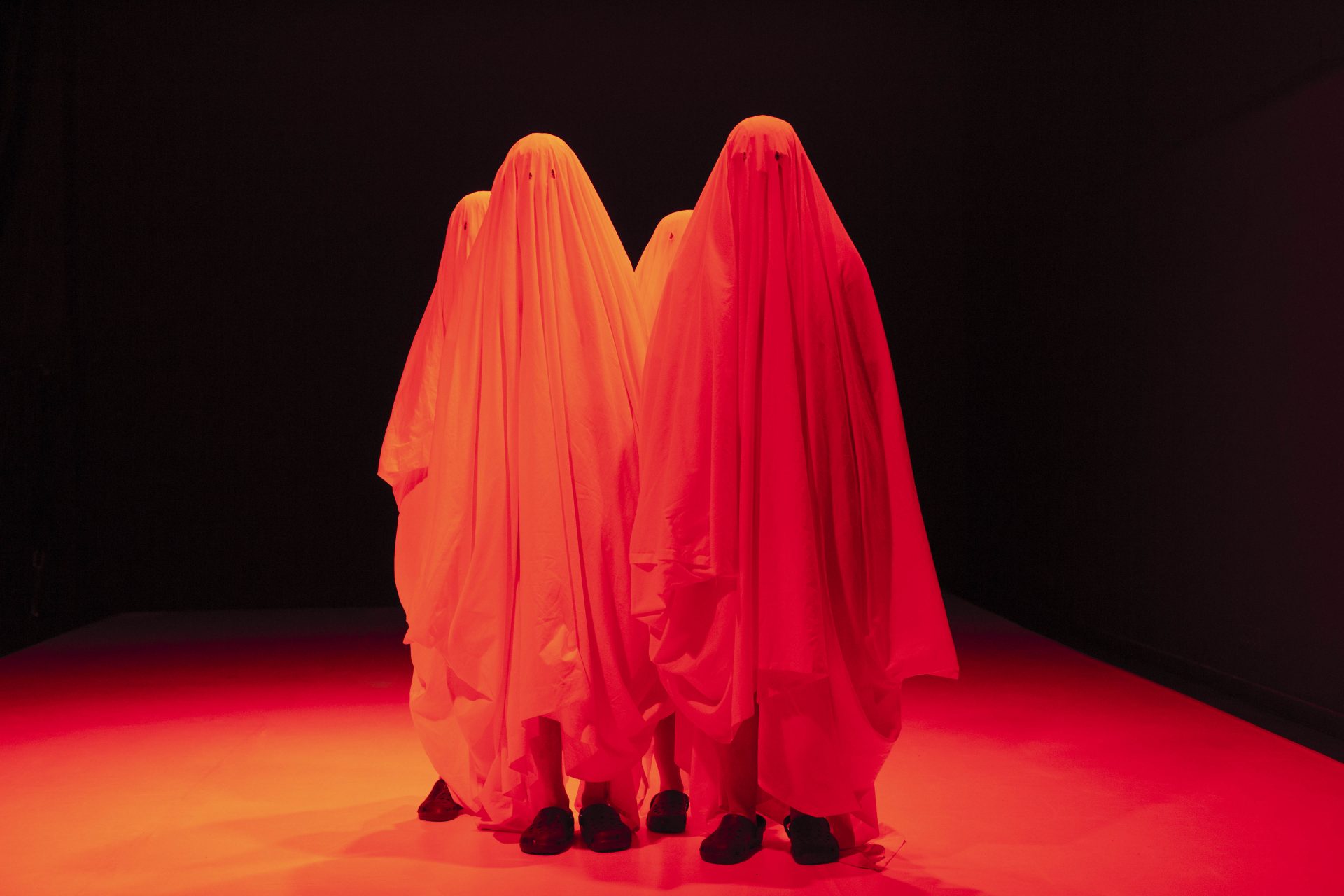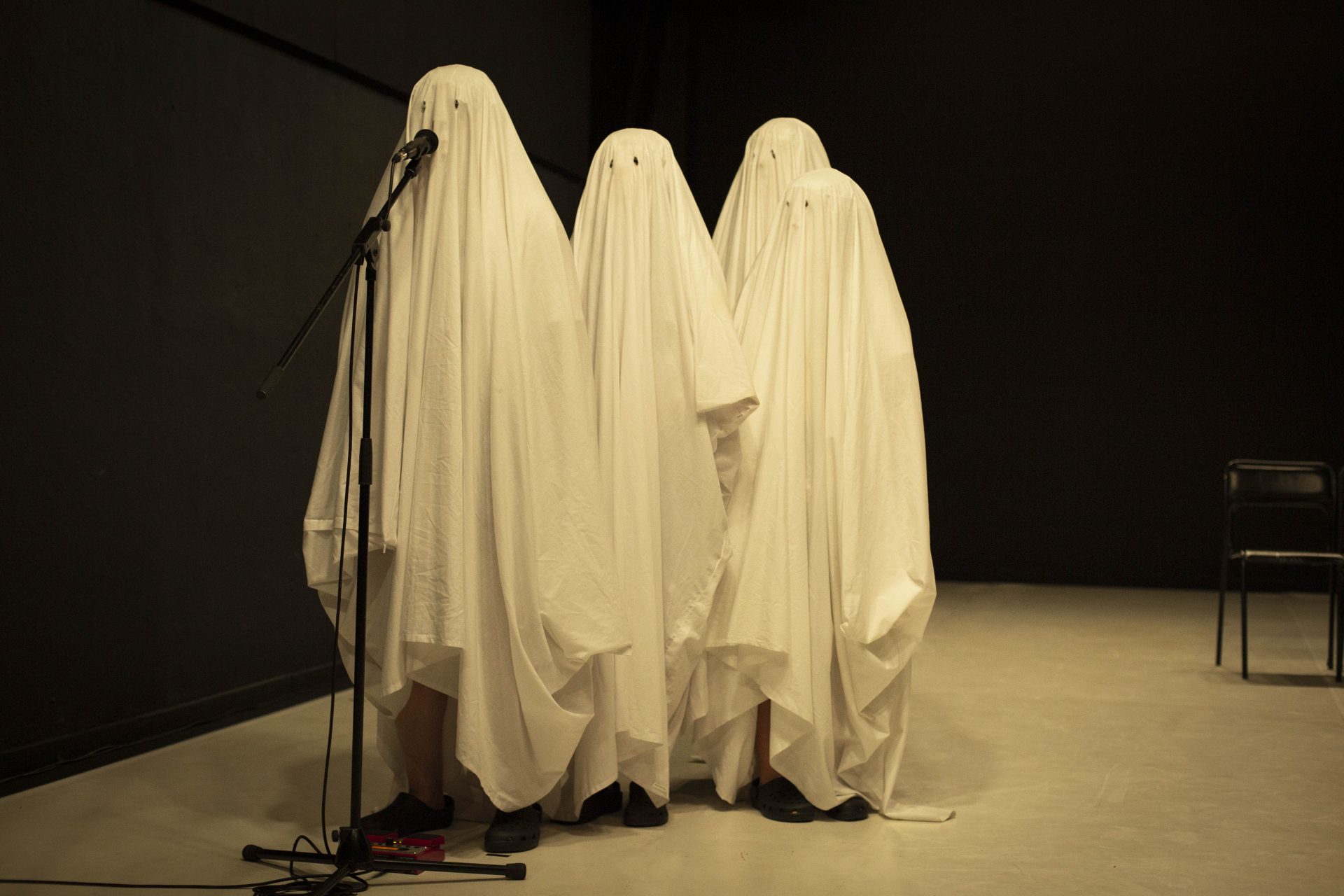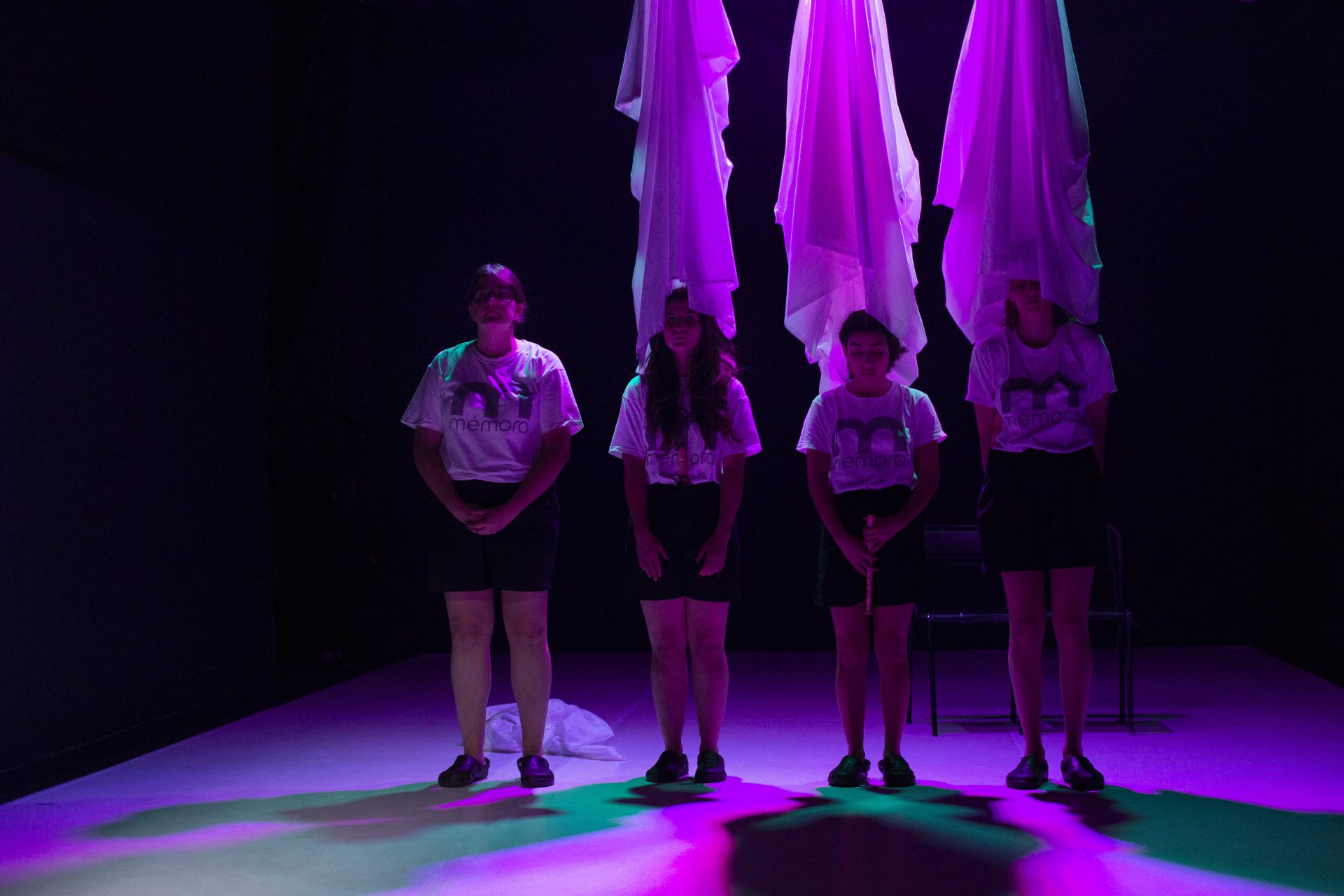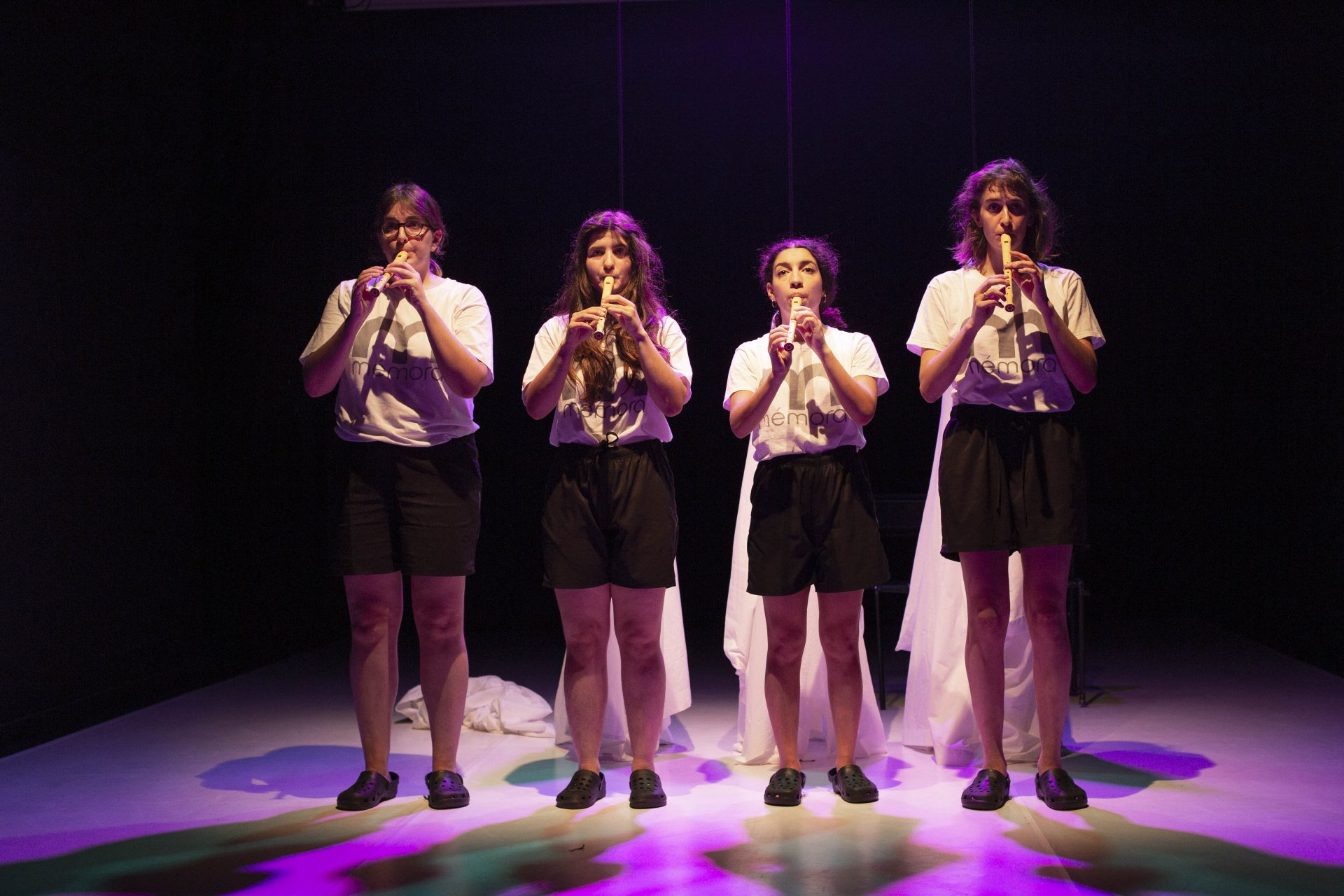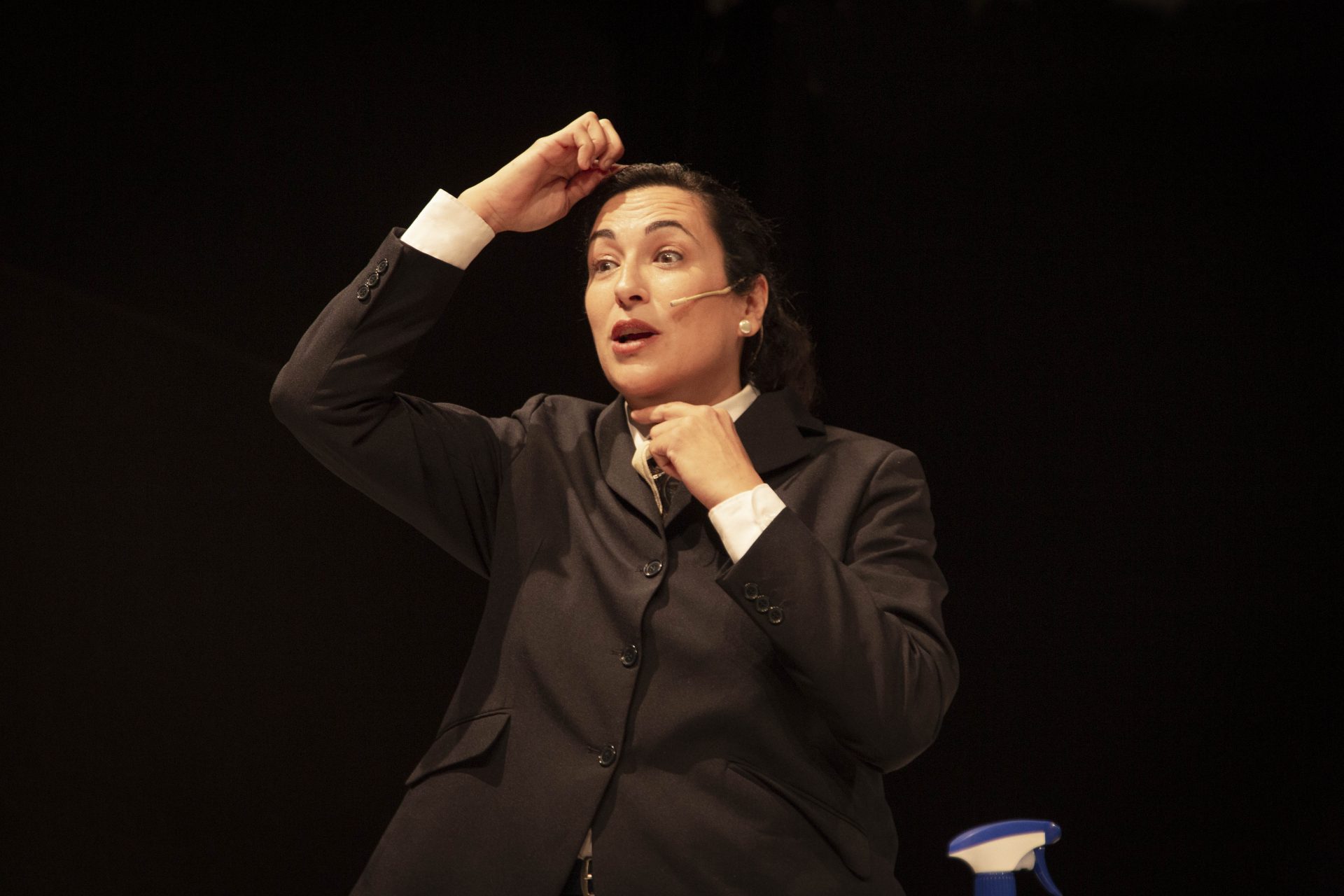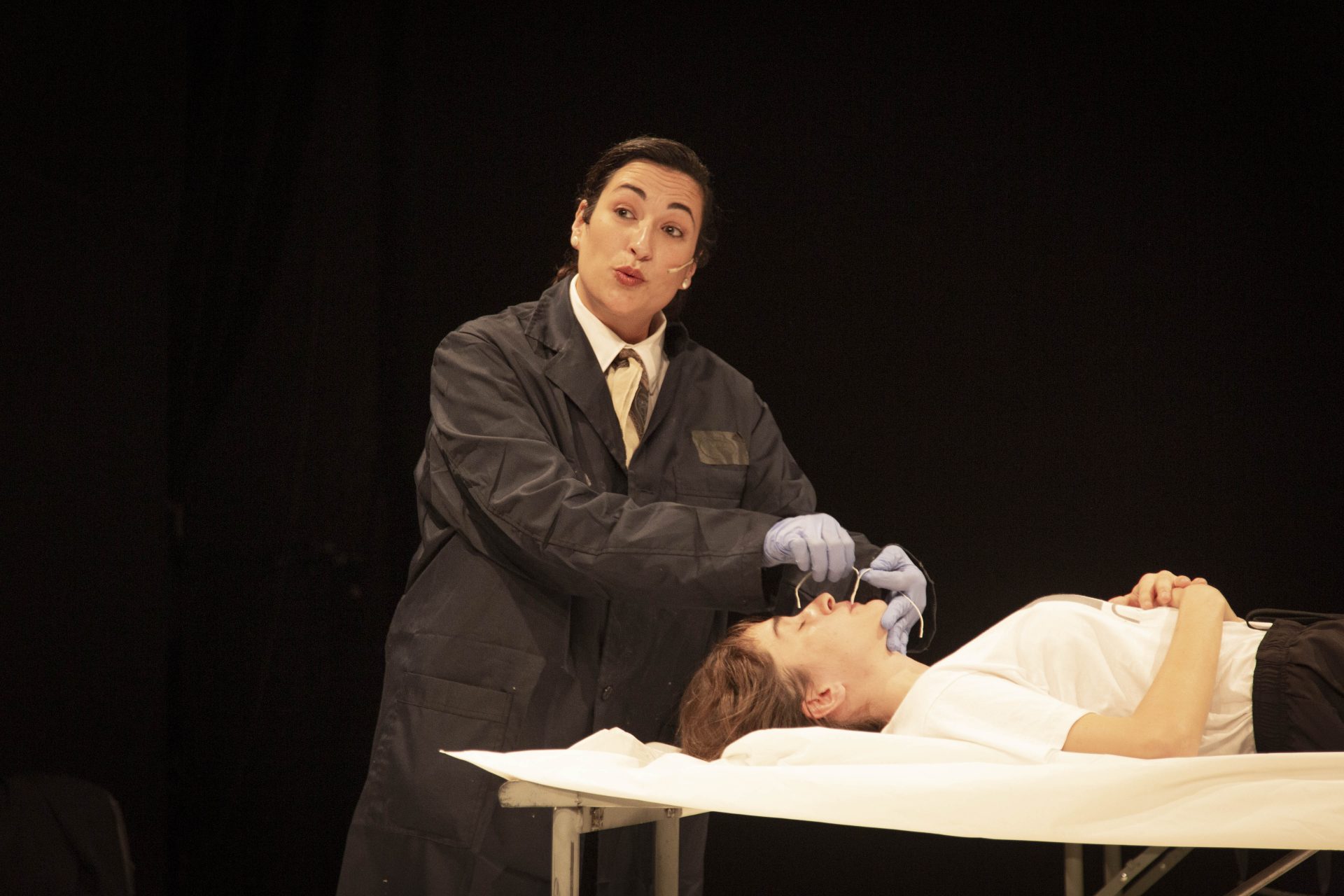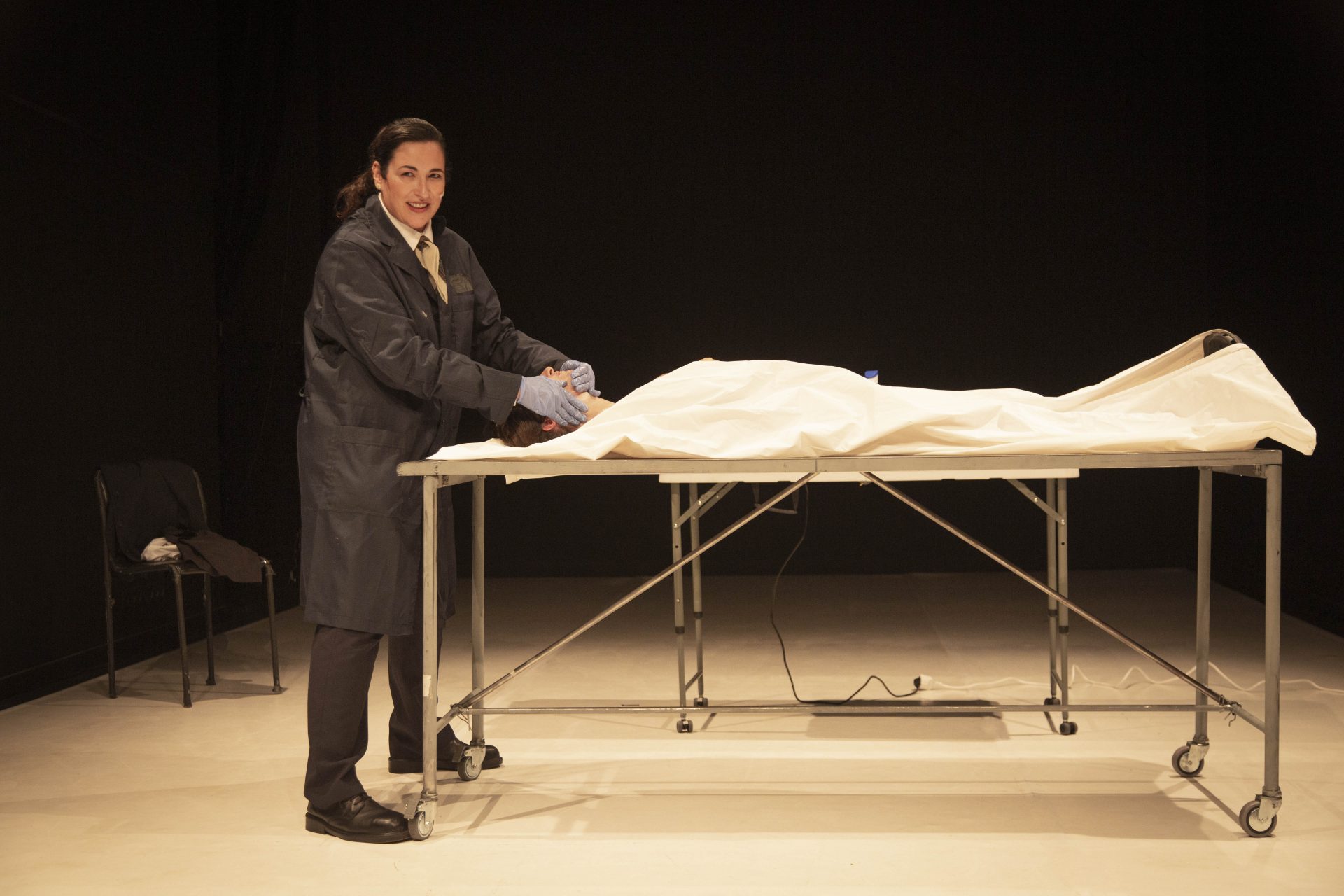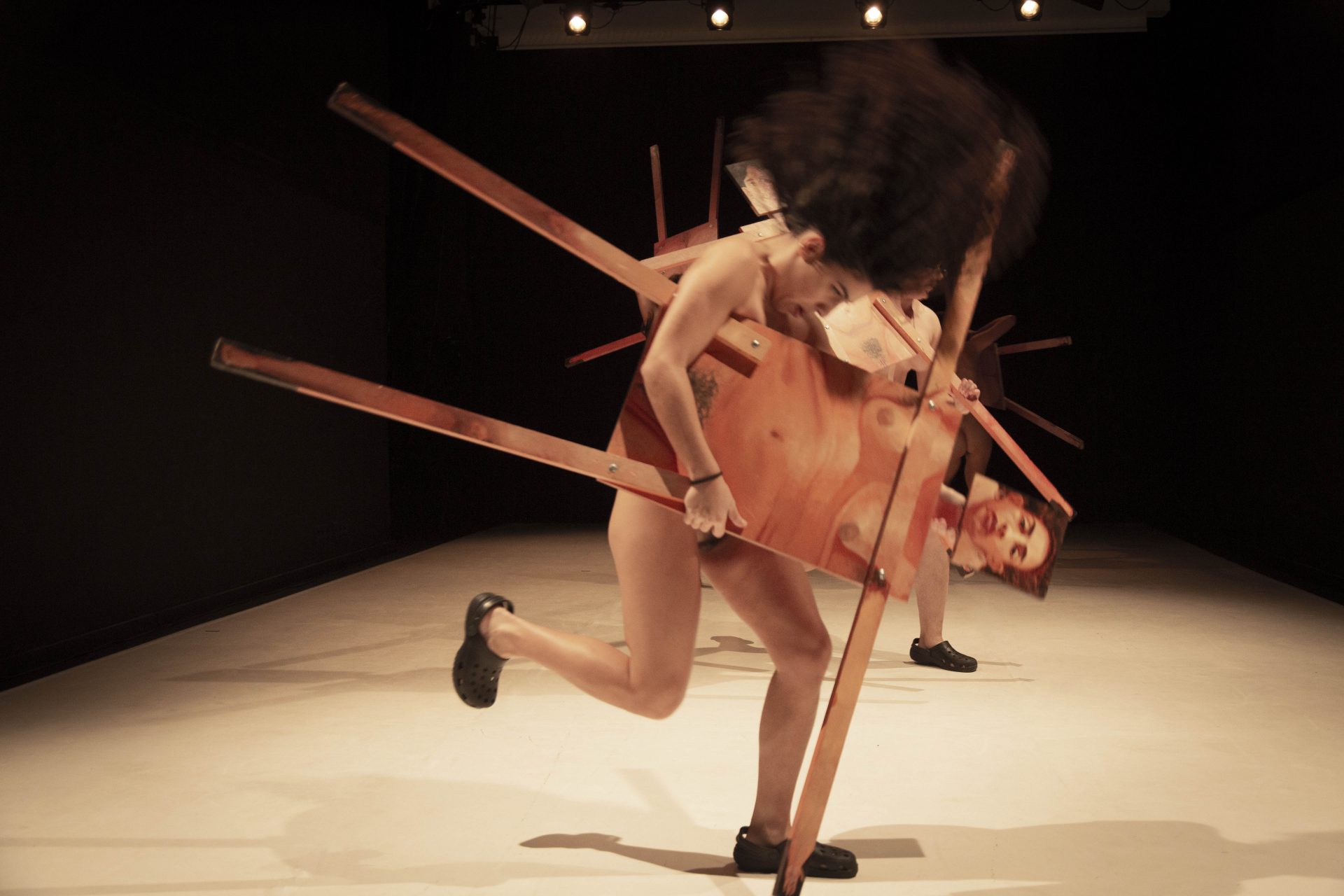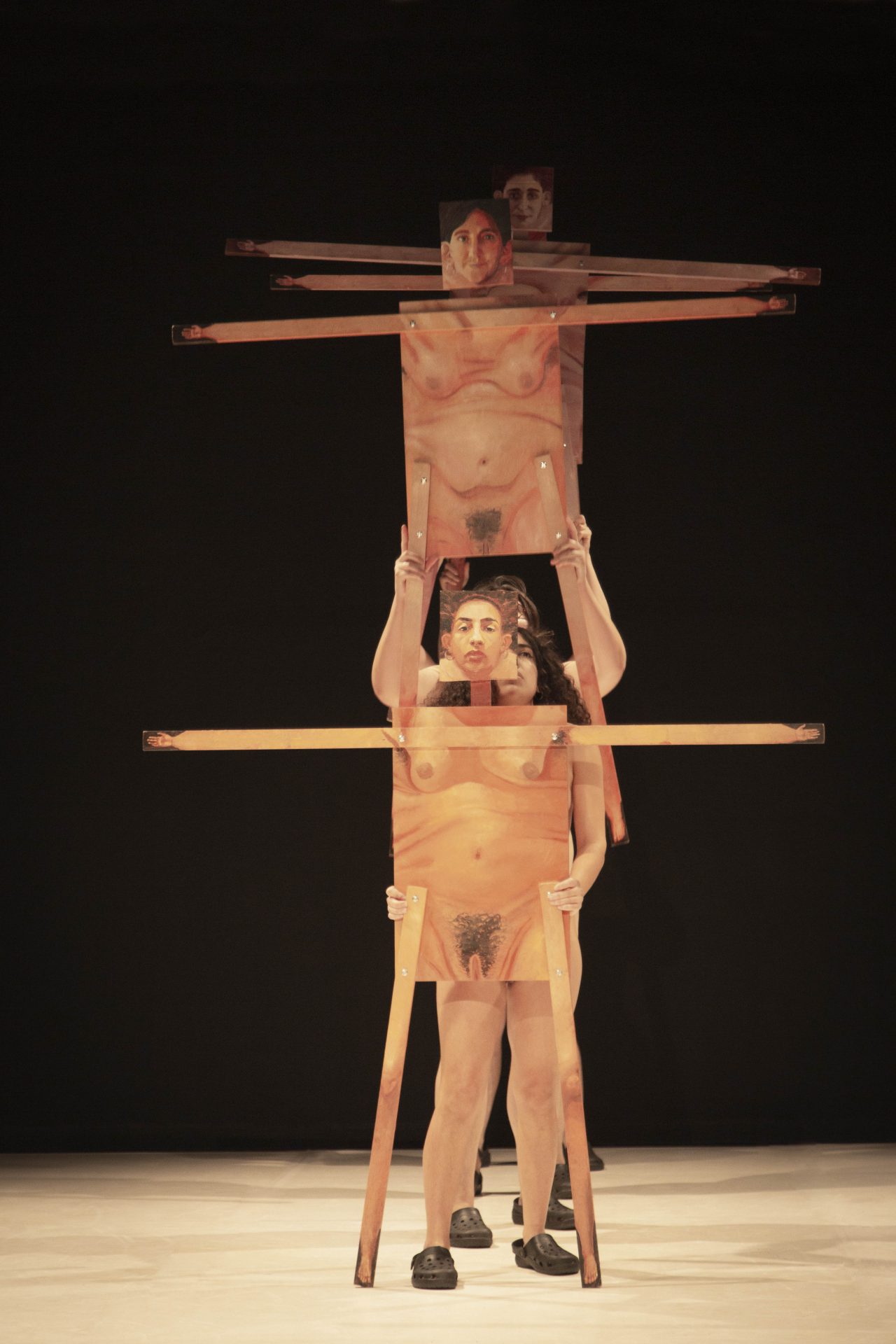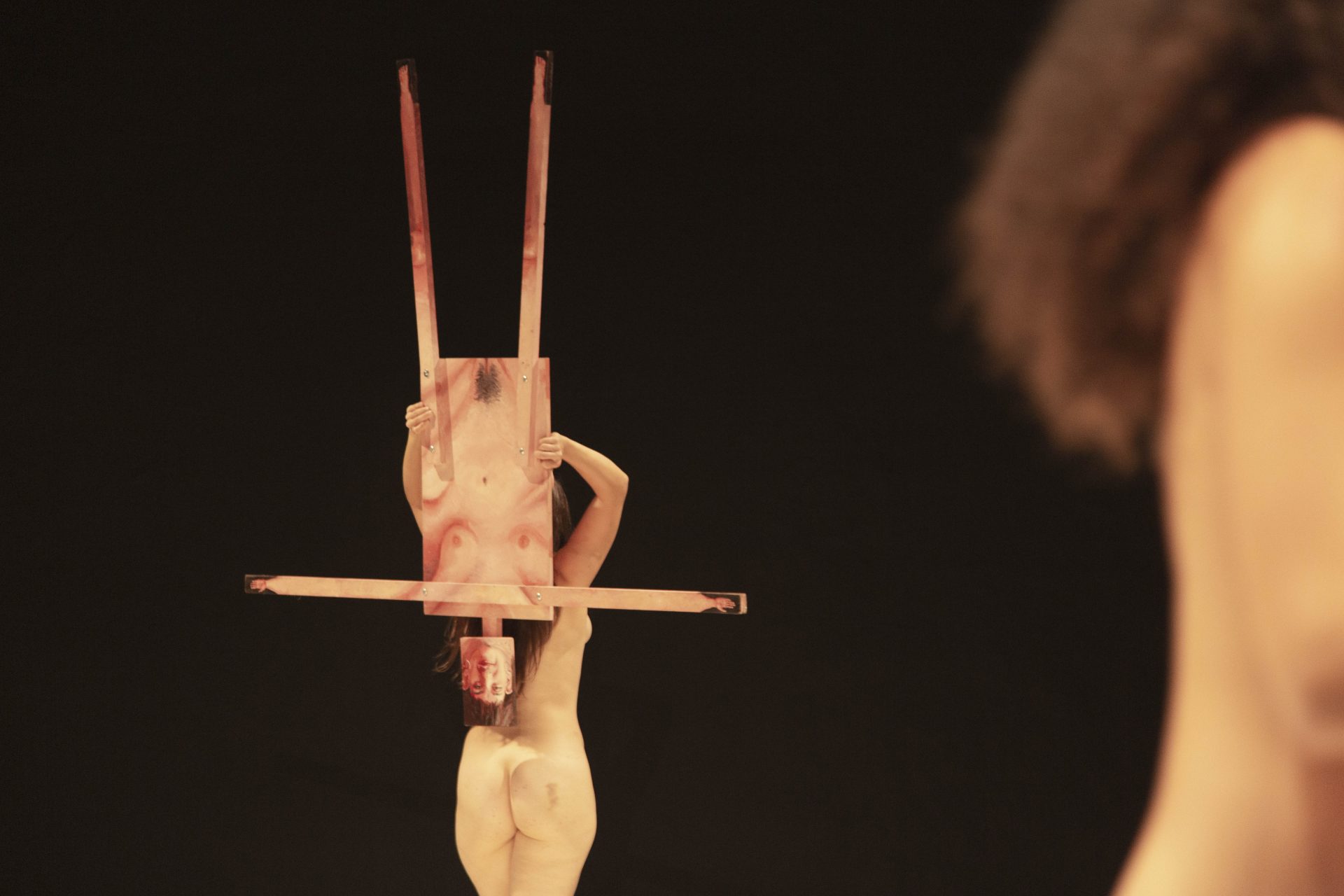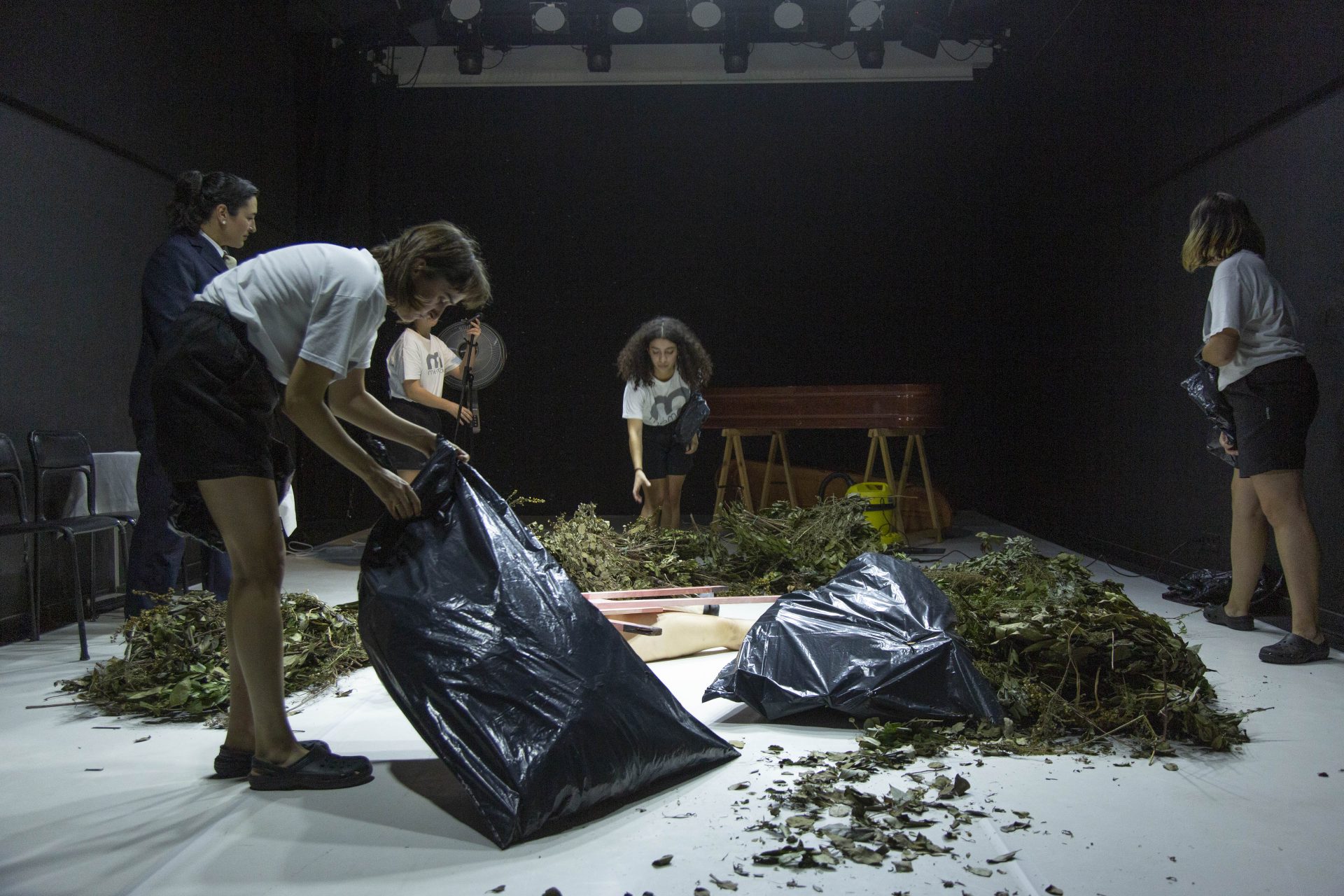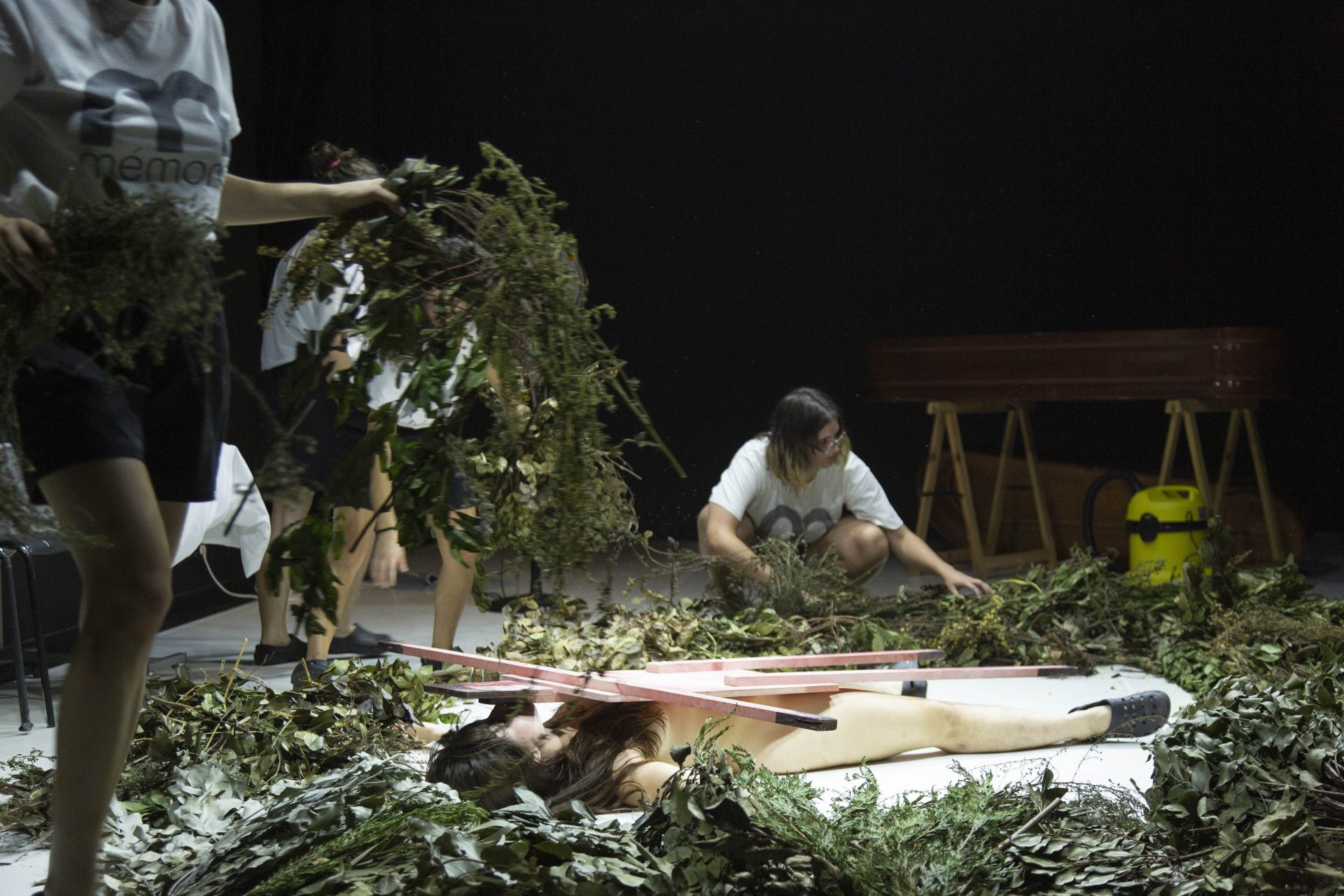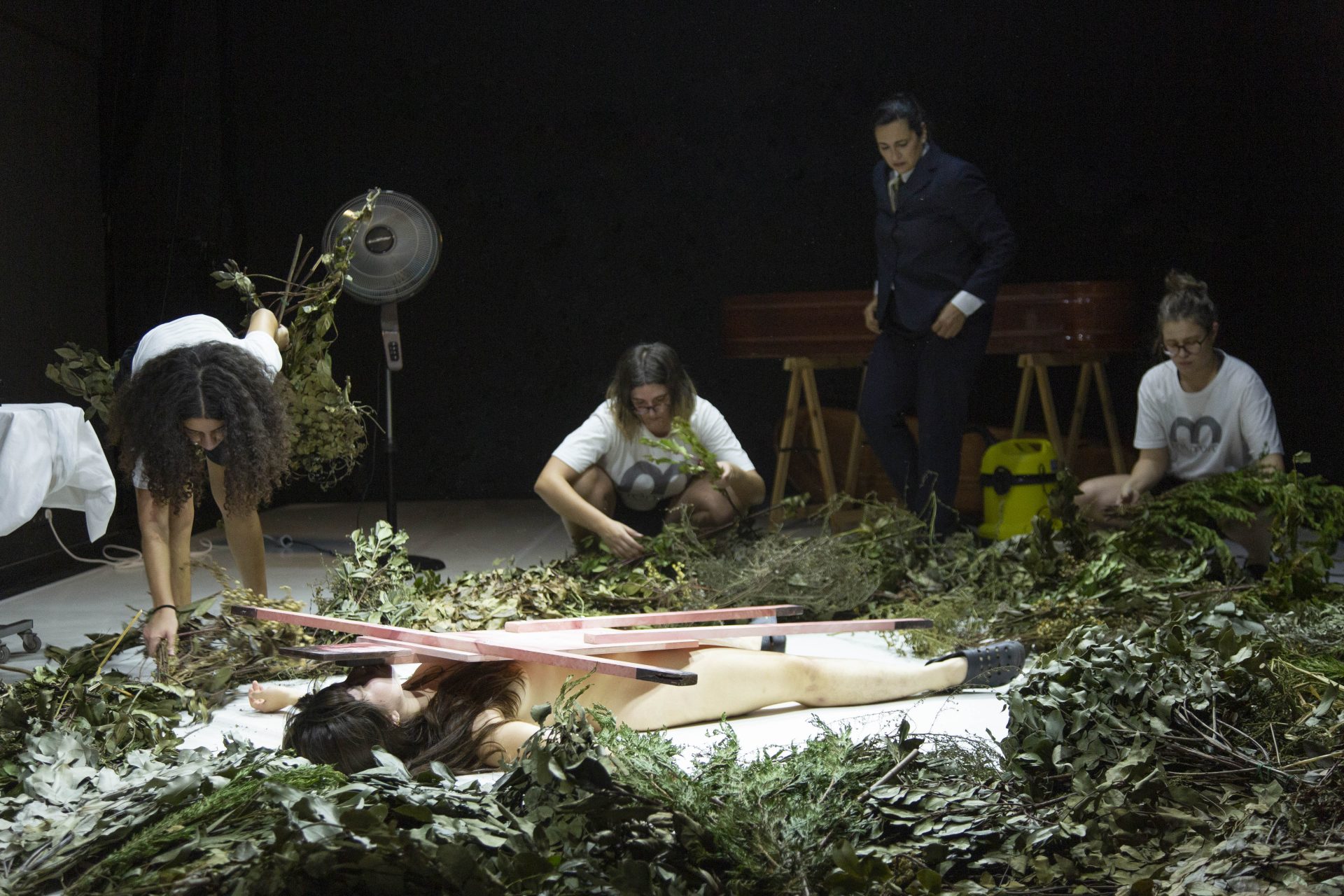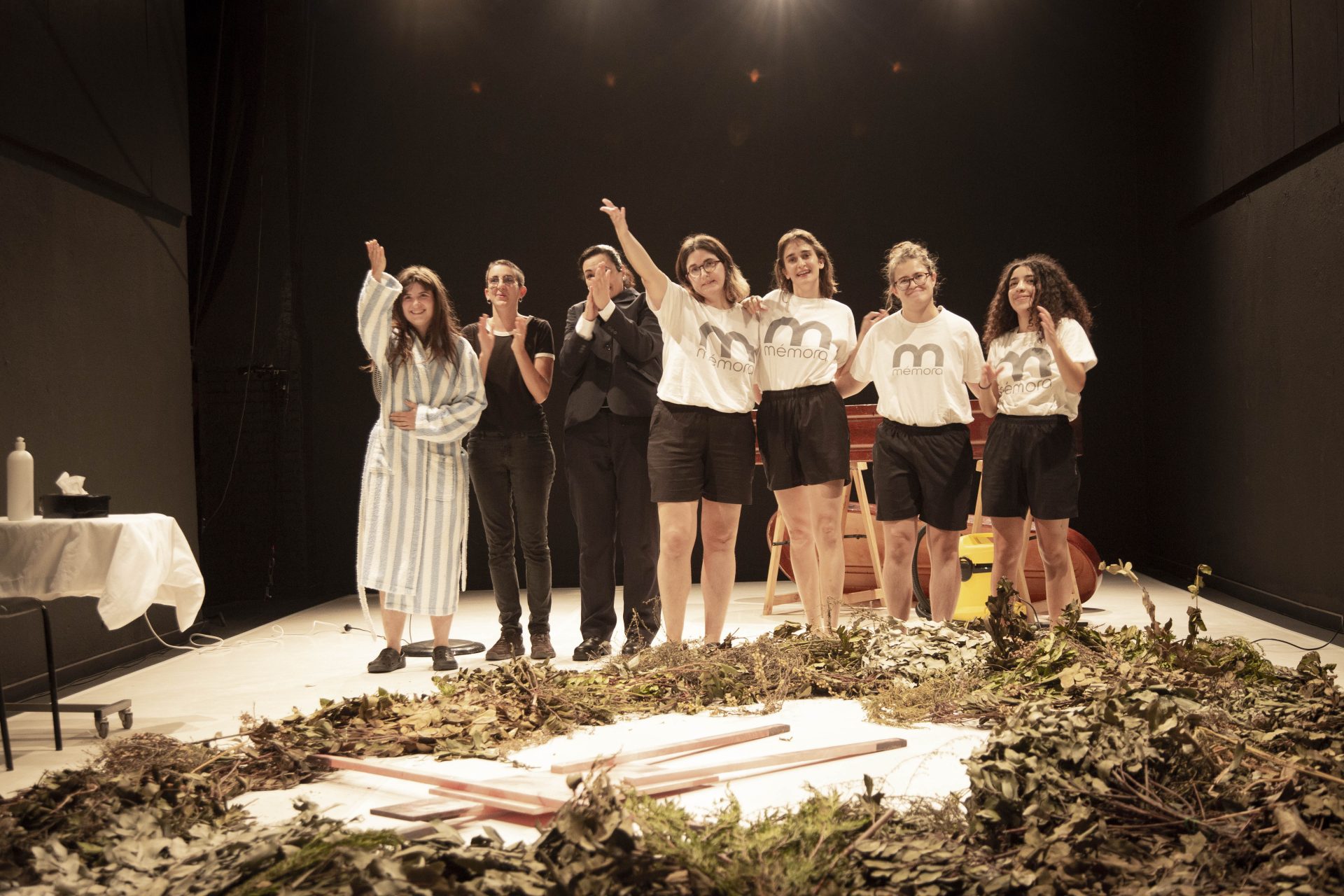Aquellas que no deben morir (Those who should not die) approaches the concept, the handling, the locations and the economics of death. Within the context of a hedonist and hyperpositive society that glorifies youth and postpones the reality of passing, we immersed ourself in the exploration of the political and social structures governing death in order to come up with ways of breaking with the conventional narrative. At the centre of the creation process we found, however, a change in the global paradigm that moves us in all areas of our lives.
The global pandemic that has shaken the foundations of Western societies has delivered an inoculation of collective panic around a previously ignored maxim: we are not immortal.
Our idea is to configure a performative hypothesis that mocks the resulting panic and the merchandisation of affections by reclaiming the language and dynamics of funeral rituals, questioning the institutionalisation of death and, by association, of life itself.
Las Huecas emerged in 2016 from the desire to create performance pieces collectively. As a collective, we have embraced a range of identities: ethnographic researchers, punk band and fanzine artists, although basically we’re four actresses, a technician and a producer. We’ve performed in public spaces, in building lots, in theatres, at alternative concert venues and streamed on Instagram. To us, the relationship between where we perform and our performance decisions is therefore very important. Our work engages with the biographical body and its inevitable links to the body politic, and therefore with our privileged condition in having the stage as a platform. Our ideology involves recognising these material conditions, using the aesthetics of separation and banishing the real from an unstable being-on-stage, exposed to the precarity of the body and its circumstances and to the open-ended game of theatrical code, which we could describe as the poetisation of failure or the performance of permanent retreat.

